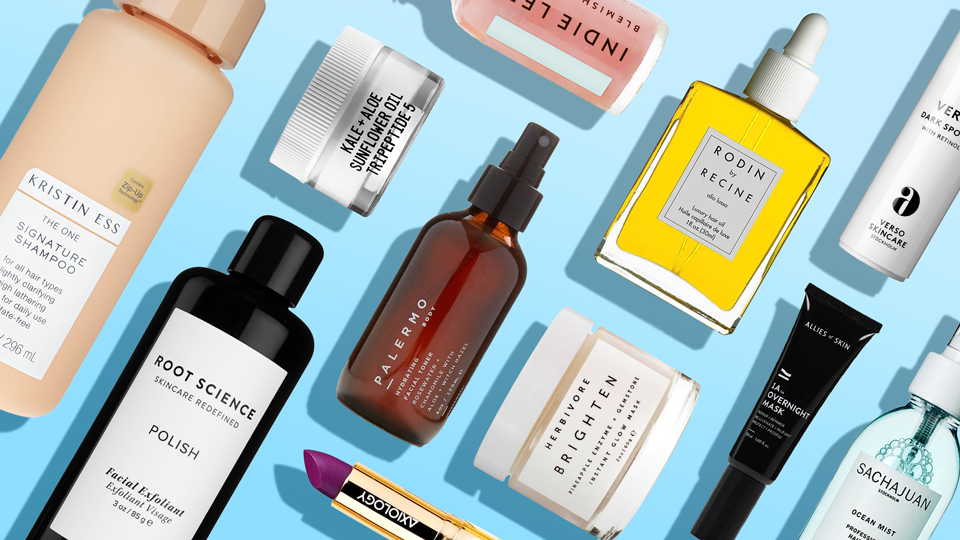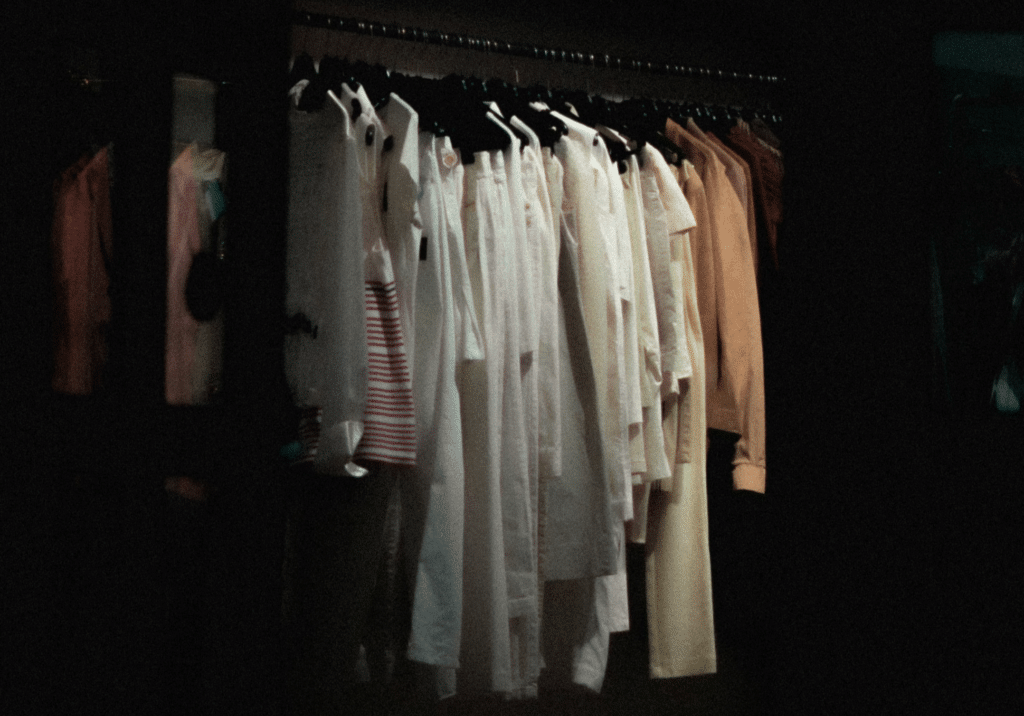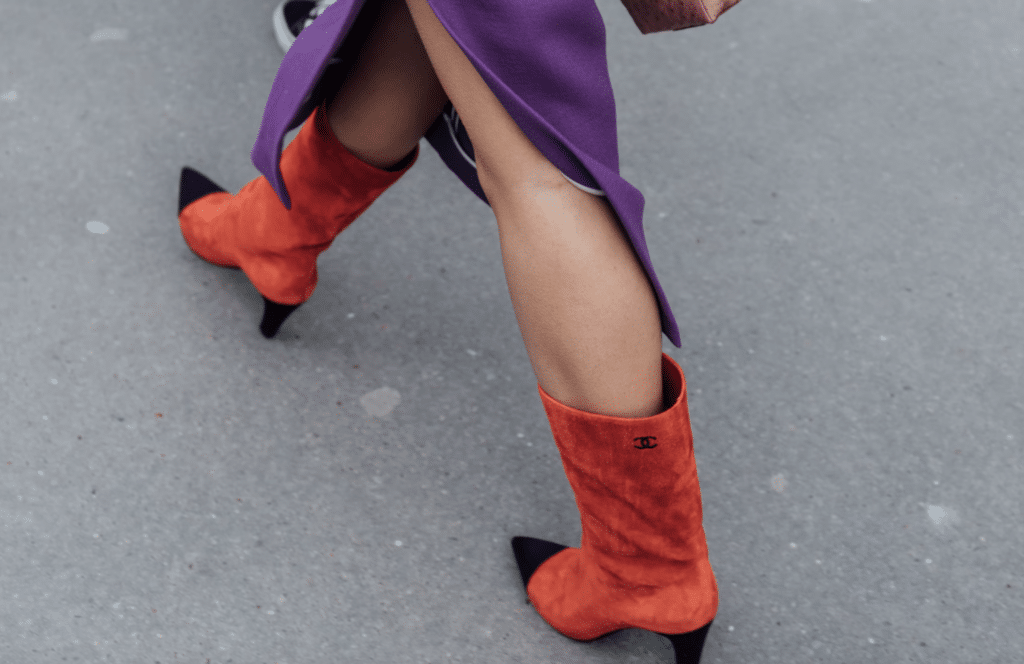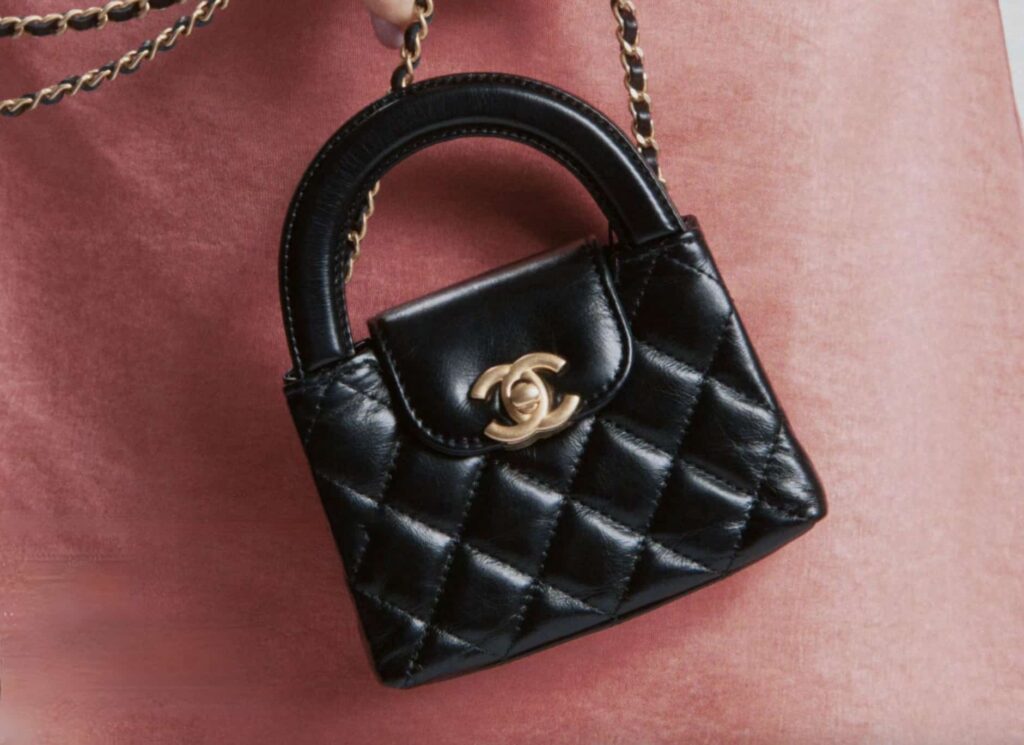Gone are the days of merely enlisting influencers to promote your products. Top beauty influencers are said to be posting negative product reviews in exchange for hefty fees now, too, or at least that is what a handful of makeup artists and influencers have reported in recent weeks. Emmy Award winning makeup artist Kevin James Bennett, for instance, revealed on Instagram that he was given an interesting rate from the management company for “a top-level beauty influencer.” For “$75K to $85K,” the influencer would provide “a dedicated negative review of a competitor’s product (price determined by length of video).”
Bennett is not the only one speaking out. Beauty influencer and brand owner, Marlena Stell, said she has been faced with a similar situation, as well. The Australian influencer behind fashion and makeup site PrettyPastelPlease also echoed this notion, saying, “This is 100 percent true and happens every day.” In fact, she says, “I have seen exactly what [Bennett] said where companies are willing to pay people to put down other products to make theirs look better.”
On the heels of such revelations, beauty industry fans were quick to point fingers as who might be offering up such services. Highly-followed figure Manuel Gutierrez, better known as Manny MUA, was name-checked for allegedly posting paid-for negative reviews. Gutierrez, who boasts 5 million followers on Instagram and YouTube, was reportedly paid $70,000 by Lilly Lashes founder Lilly Ghalichi to post a negative review of rival company Lashify’s products, something that Ghalichi has vehemently denied.
In a statement to TFL, Ghalichi called foul. “We did not pay Manny MUA for that video, nor have we ever paid Manny MUA for any video he has ever posted on his YouTube.” The Lilly Lashes founder further noted, “We have never paid any YouTuber to create any content about anything on their YouTube channels. We are extremely proud to say all YouTube videos that feature our lashes have been 100% organically created by the artist or owner of that channel.”
James Charles – the 19-year old mega-beauty influencer, who boasts a whopping 8 million subscribers on YouTube – has also spoken out about claims of influencers posting paid-for negative reviews, saying that he has “never heard of that happening.”
However, if the reports are to be believed, influencers are, in fact, pocketing upwards of $75,000 to post negative reviews, which raises the question: Are these fake reviews legal?
While posting merited and independent negative reviews is perfectly legal (in most cases), the posting of paid-for negative reviews is another matter.
According to the Federal Trade Commission (“FTC”), the government agency that is tasked with promoting consumer protection, and eliminating and preventing anticompetitive business practices, “Consumers have a right to expect that online reviews are independent and impartial, and must be told when that is not the case.” This means that in much the same way as paid-for endorsements require disclosure as to the sponsored nature of the posting, so, too, do negative reviews.
So, if an influencer was paid by one beauty brand to slam another beauty brand on Instagram, for instance, that Instagram post would have to include language identifying that element of compensation because the FTC requires that consumers be provided with information to enable them to decide what weight or credibility to give an endorsement and therefore, make informed purchasing decisions.
Beyond the FTC, though, the posting of negative review can give rise to an array of other legal issues, as well. Many states have laws that specifically speak to false advertising and the posting of deceptive reviews. In New York, for instance, state law prohibits the “preparing or disseminating a false or deceptive review that a reasonable consumer would believe to be a neutral, third-party review.” Claims such as product disparagement, defamation, tortious interference, and/or unfair competition, among others, could also potentially be made in connection with false negative reviews.
Additionally, the platforms on which such reviews are posted likely have legal recourse. Instagram, for instance, explicitly bans “harmful and deceptive behavior” from those using its service, while YouTube requires that its users “comply with all applicable laws” in connection with their “use of the Service.”
These platforms could file breach of contract lawsuits against individuals who run afoul of their Terms of Service, as Amazon did when it filed suit against a group of people who it says posted phony 5-star reviews in exchange for $5. According to Amazon’s complaint, which was filed in a Washington state court in 2015, the reviewers are liable for breach of contract since, as Amazon customers, they are bound by the company’s terms of service, which prohibit such false advertising. Amazon also claimed that fake reviews are unfair and deceptive under Washington law, and amount to unlawful interference with third-party contracts.
With all of this in mind, influencers would be smart to stick to the usual sponsored posts and should brush up on the FTC’s disclosure guidelines while they are at it.











